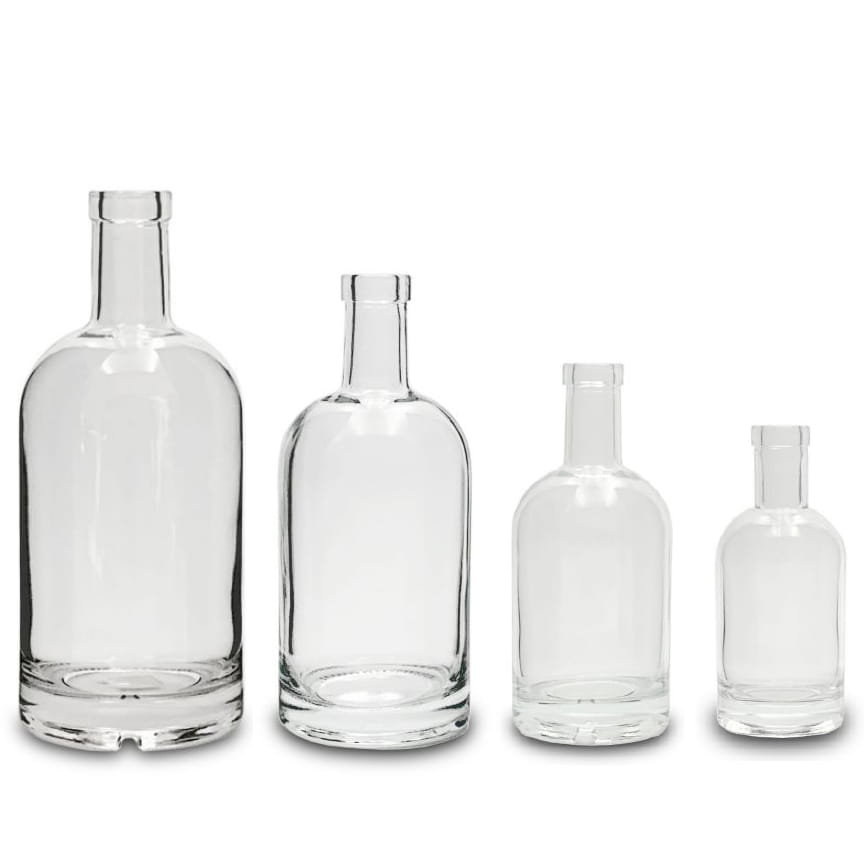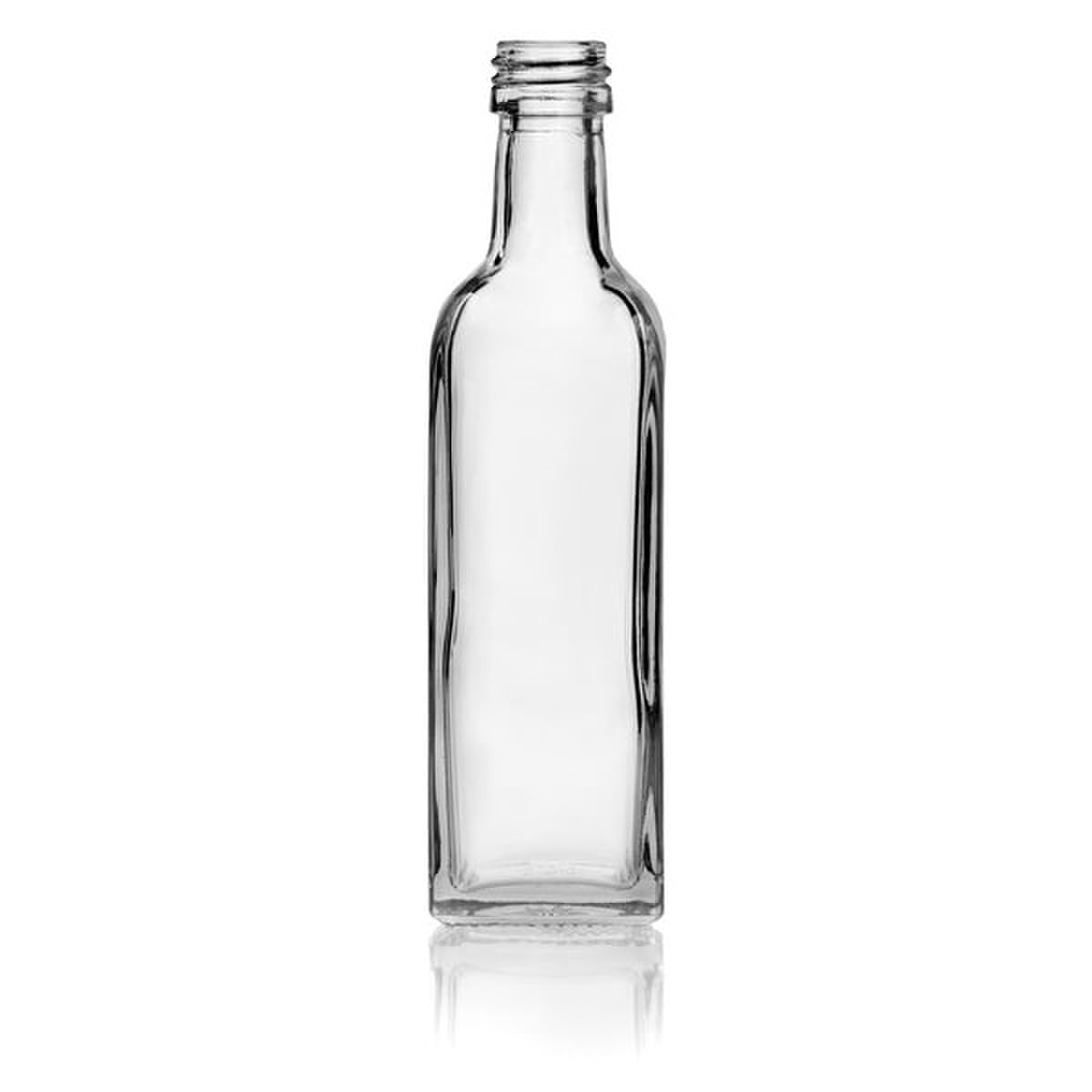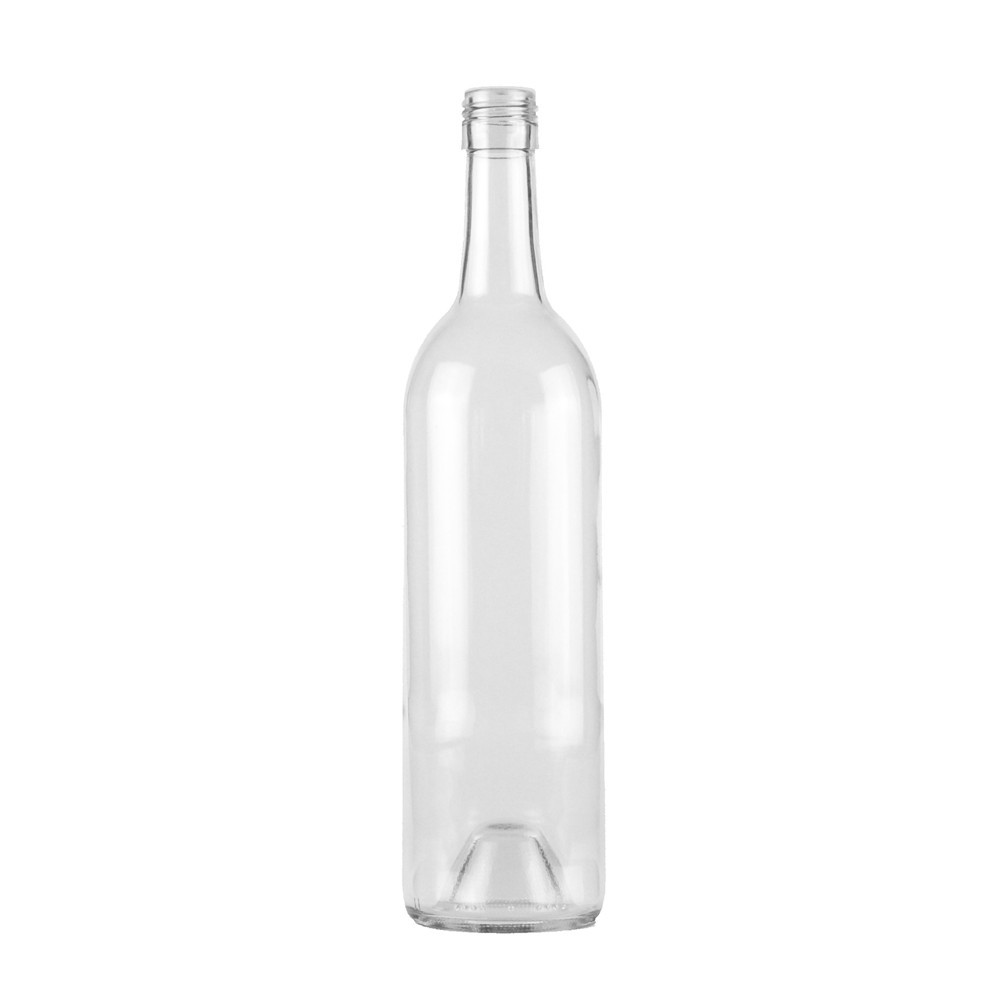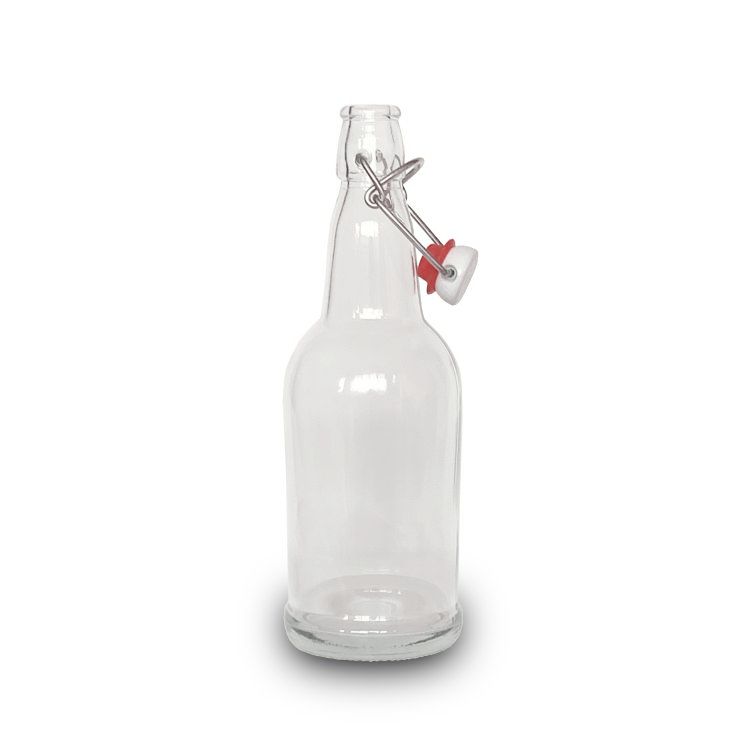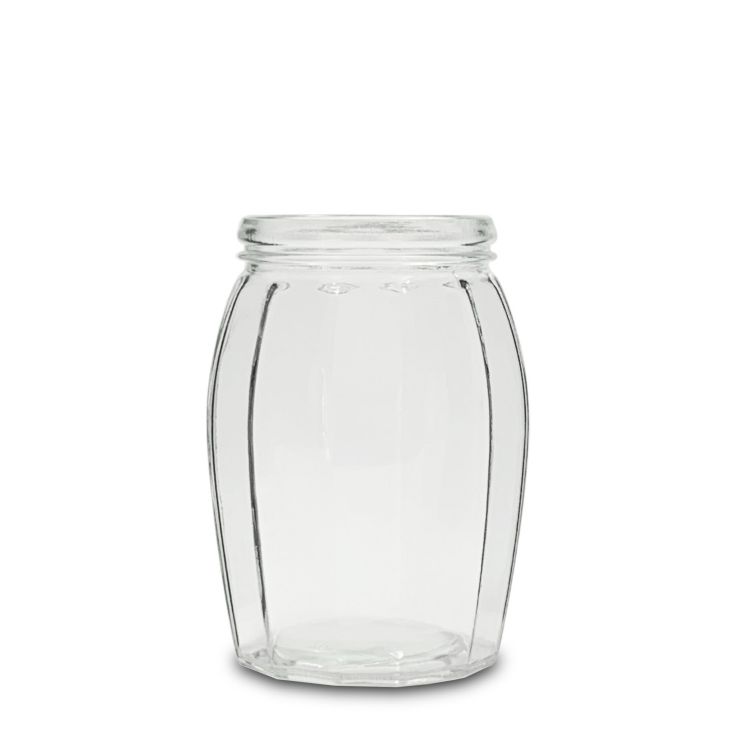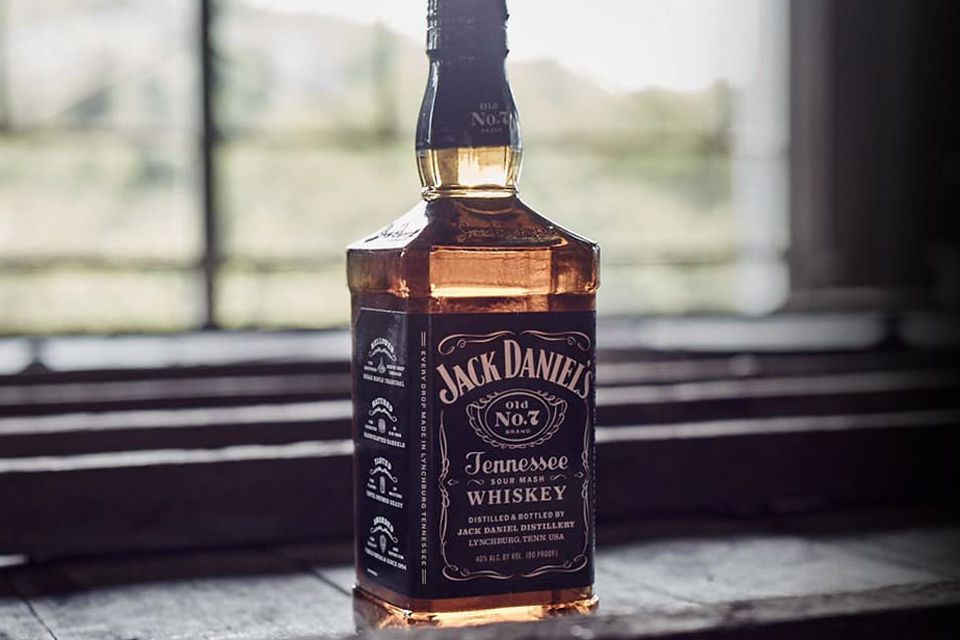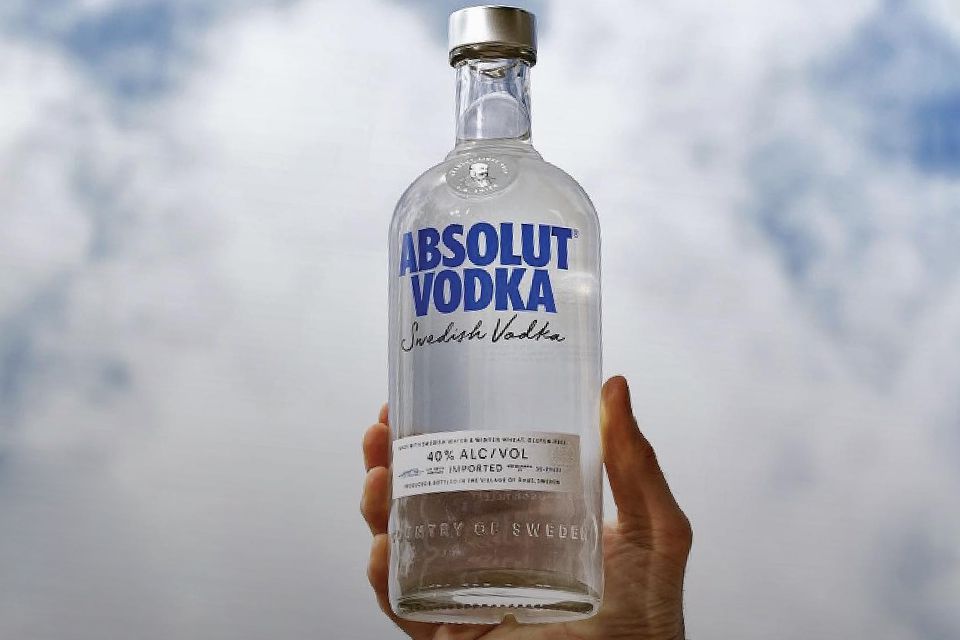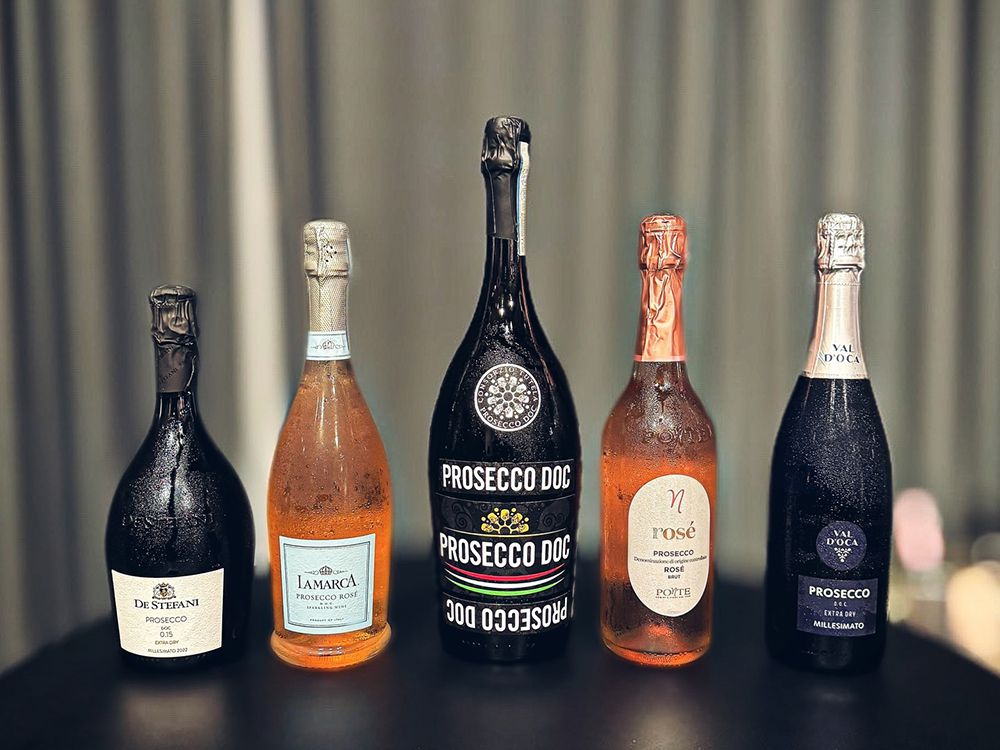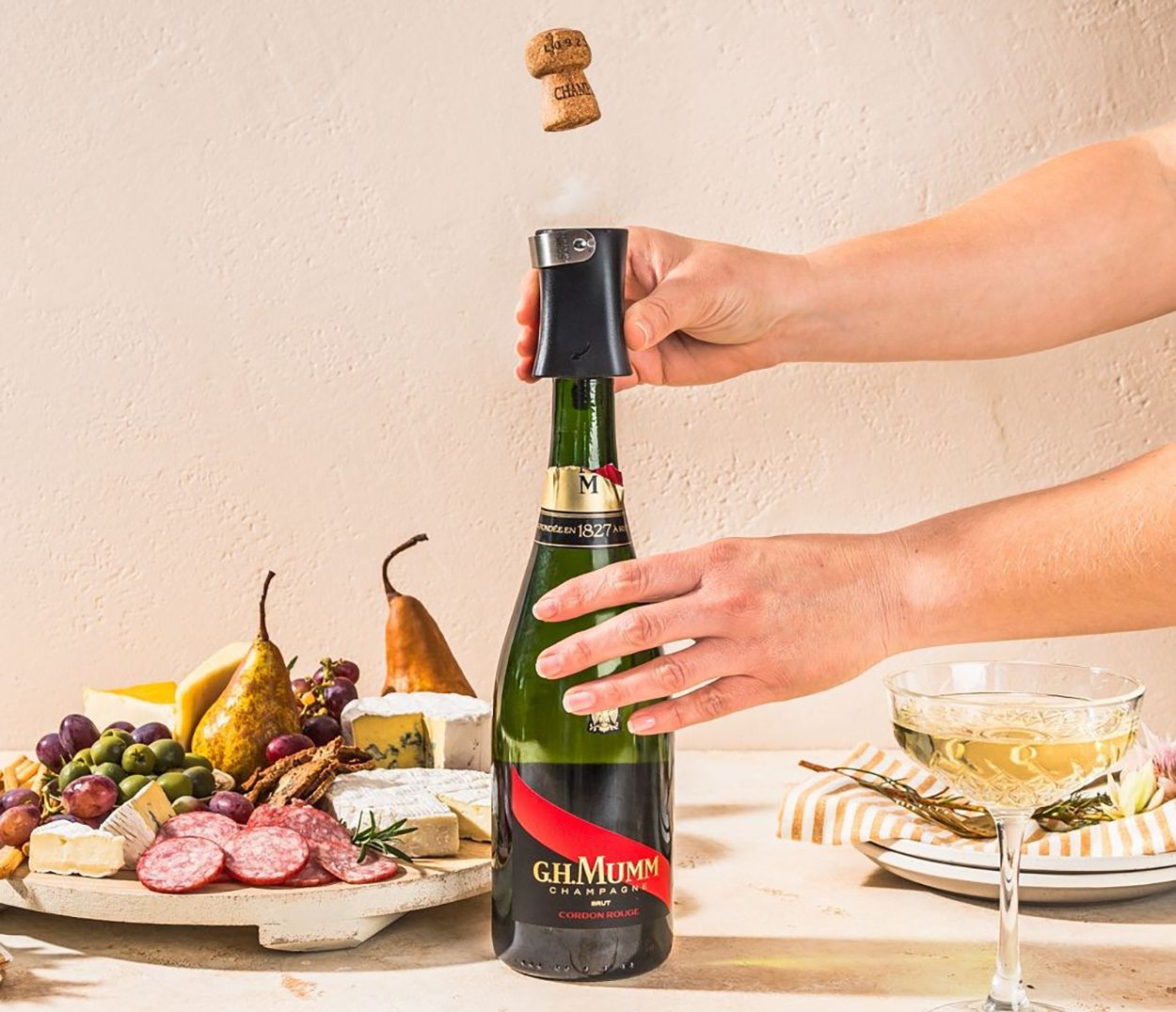Vodka, renowned for its versatility and smooth profile, enjoys global popularity as a staple spirit. From celebratory toasts to sophisticated cocktails, vodka’s adaptability makes it a favorite among diverse palates. The market offers an array of vodka brands, each with distinct characteristics and production methods. This guide delves into twelve prominent vodka brands, highlighting their unique attributes, to assist both connoisseurs and casual drinkers in navigating the world of vodka.

Criteria for Evaluating Top Vodka Brands
Understanding the factors that contribute to a vodka’s quality is crucial for making informed choices. While personal preference plays a significant role, several objective criteria can help assess a vodka’s merit.
Raw Materials and Sourcing
- Ingredient Quality: Premium vodkas prioritize high-quality grains (wheat, rye, corn) or potatoes. The selection of superior ingredients directly impacts the final product’s taste and texture.
- Water Purity: Water is a key component of vodka production. Distilleries often utilize purified or spring water to ensure the vodka’s clarity and overall quality.
- Sourcing Transparency: Consumers increasingly value transparency in sourcing practices. Brands that disclose their ingredient origins and production methods establish trust and credibility.
Distillation and Filtration Techniques
- Distillation Methods: Various distillation methods, including pot still, column still, and continuous distillation, influence the vodka’s character and purity. Multiple distillations refine the spirit, removing impurities and enhancing smoothness.
- Filtration Processes: Filtration further purifies the vodka, removing residual congeners and enhancing clarity. Common filtration materials include charcoal, activated carbon, and quartz sand.
- Precision and Control: The level of precision and control exercised throughout the distillation and filtration process dictates the vodka’s consistency and quality.
Sensory Attributes and Flavor Profile
- Smoothness and Mouthfeel: A premium vodka should exhibit a smooth, velvety mouthfeel without harshness or burn.
- Clarity and Appearance: Vodka should be crystal clear and free from any cloudiness or sediment.
- Aroma and Taste: A well-crafted vodka possesses a clean, neutral aroma and a subtle, balanced taste profile. Some vodkas may exhibit slight sweetness or hints of the base ingredient.
Brand Reputation and Heritage
- History and Tradition: Brands with a long history of vodka production often command respect for their experience and heritage.
- Awards and Accolades: Industry awards and recognition from reputable organizations signify a vodka’s quality and craftsmanship.
- Consumer Reviews and Ratings: Positive reviews from consumers and expert tasters can provide valuable insights into a vodka’s overall appeal.
12 Distinguished Vodka Brands: A Comparative Overview
This section explores twelve well-regarded vodka brands, highlighting their origins, production methods, and distinguishing characteristics.
Absolut Vodka (Sweden)

Known for its winter wheat base and continuous distillation, Absolut delivers a smooth, clean taste and a wide range of flavored expressions.
Grey Goose Vodka (France)
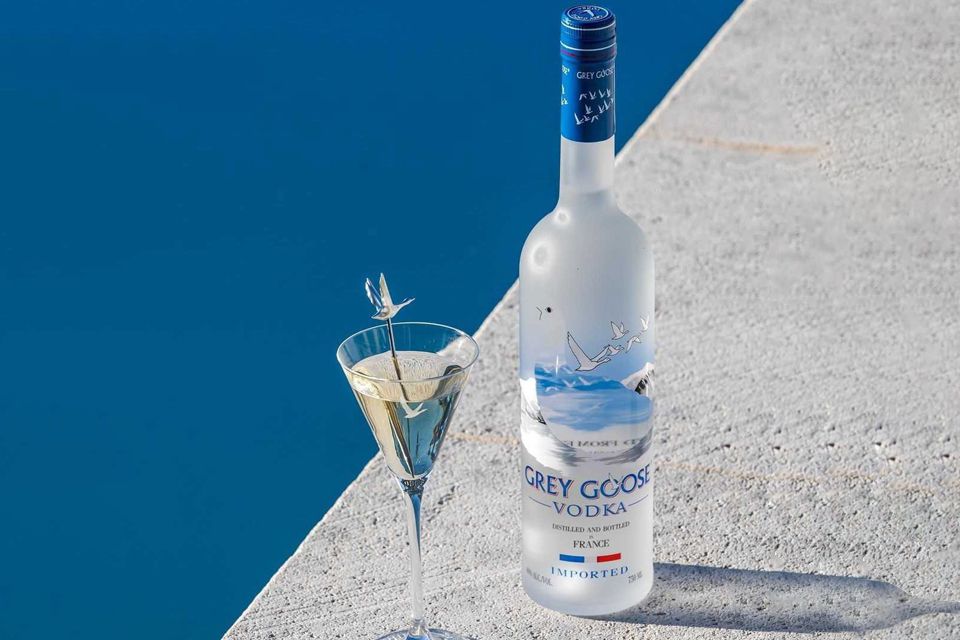
Crafted from French wheat and spring water, Grey Goose embodies elegance and offers a refined flavor profile suitable for sipping or cocktails.
Smirnoff Vodka (Global)
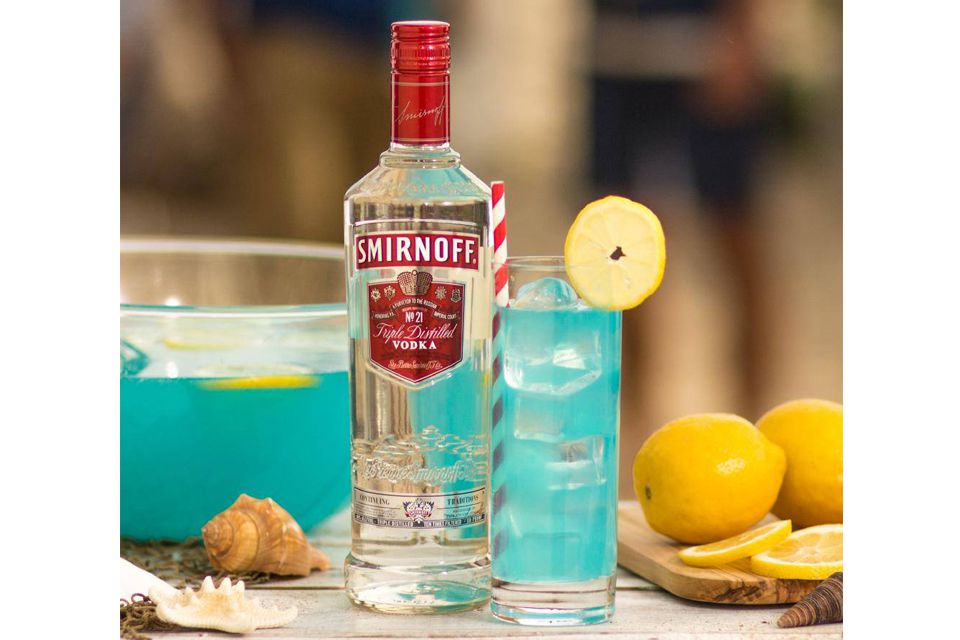
A globally recognized brand, Smirnoff’s versatility and consistent quality make it a popular choice for mixing a variety of cocktails.
Belvedere Vodka (Poland)
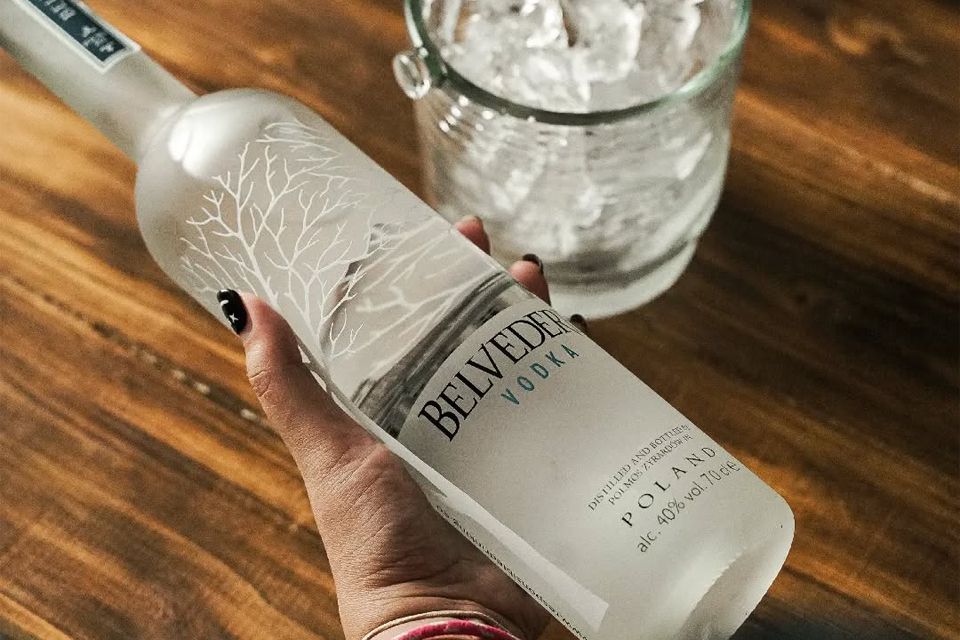
Made with Polish rye and purified water, Belvedere boasts a rich, full-bodied flavor and a luxurious image.
Eristoff Vodka (Georgia)
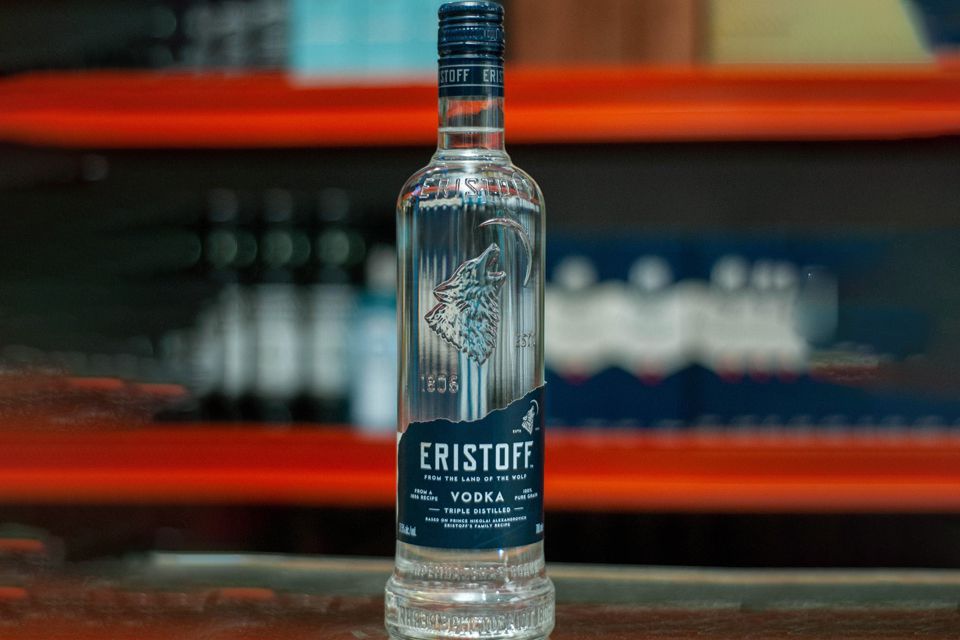
With its origins in Georgia, Eristoff’s triple-distilled character and accessible price point make it a popular choice for both mixing and sipping.
Wyborowa Vodka (Poland)

A Polish classic, Wyborowa uses rye as its base ingredient, offering a smooth, traditional flavor appreciated by vodka purists.
SKYY Vodka (USA)
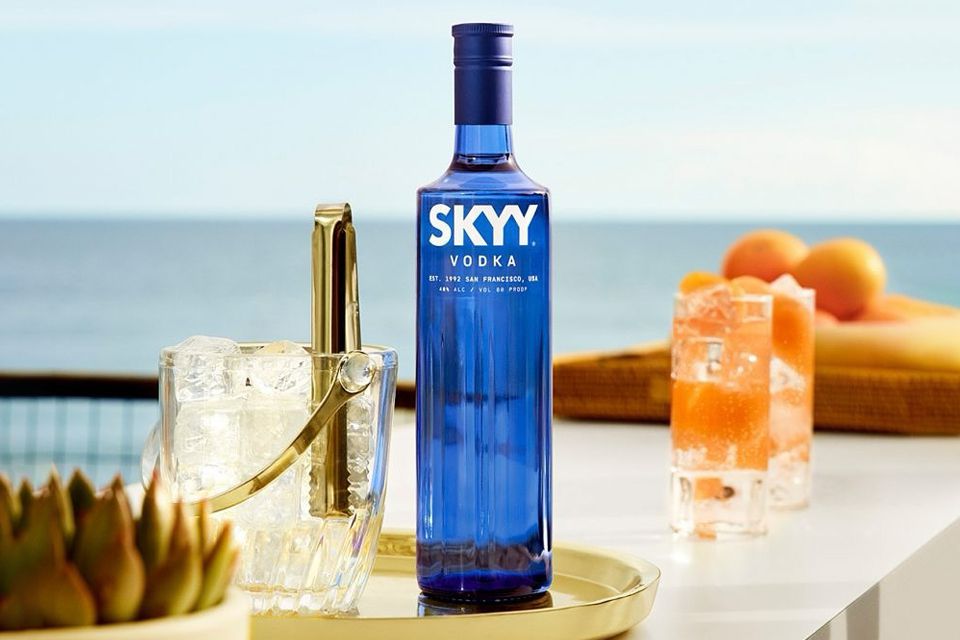
This American vodka brand emphasizes its quadruple-distillation and triple-filtration process, resulting in a crisp, clean taste.
Spirytus Rektyfikowany (Poland)
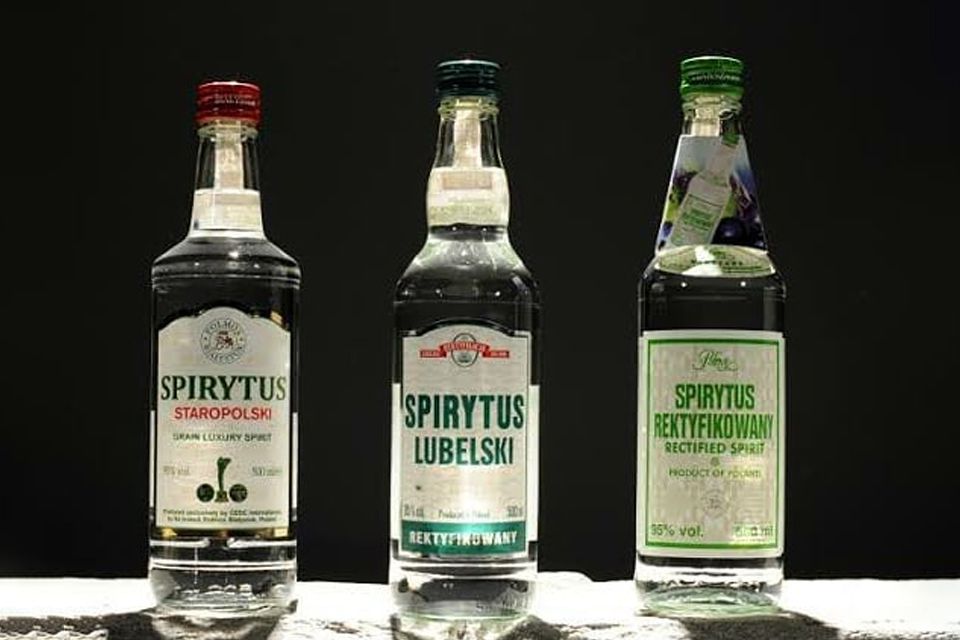
Known for its exceptionally high proof (95% ABV), Spirytus is not for the faint of heart and is primarily used as a base for infusions or in very small quantities.
Beluga Vodka (Russia)
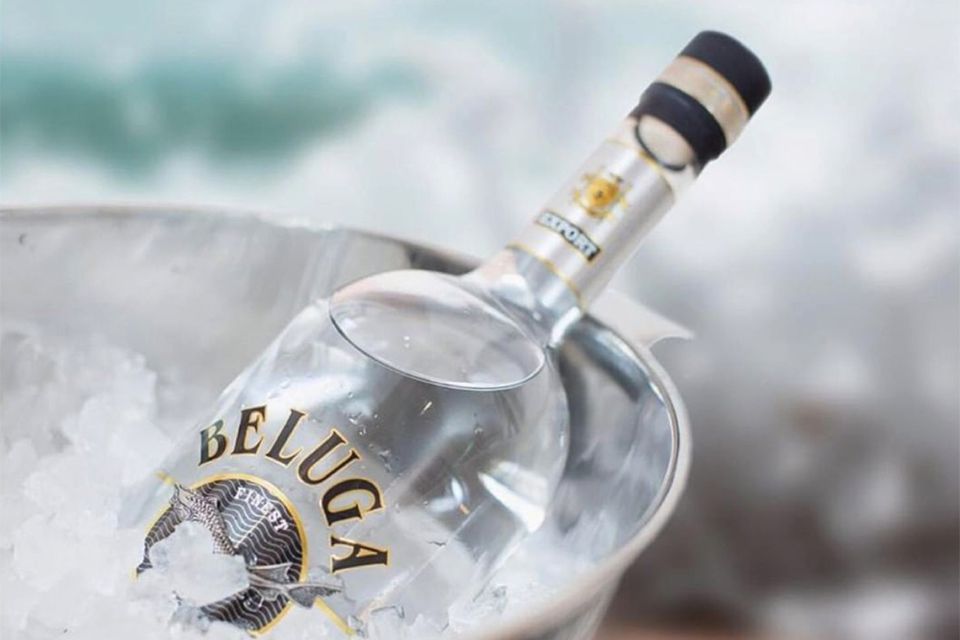
A premium Russian vodka, Beluga utilizes malted barley and artesian water for a smooth, luxurious sipping experience.
Ketel One Vodka (Netherlands)
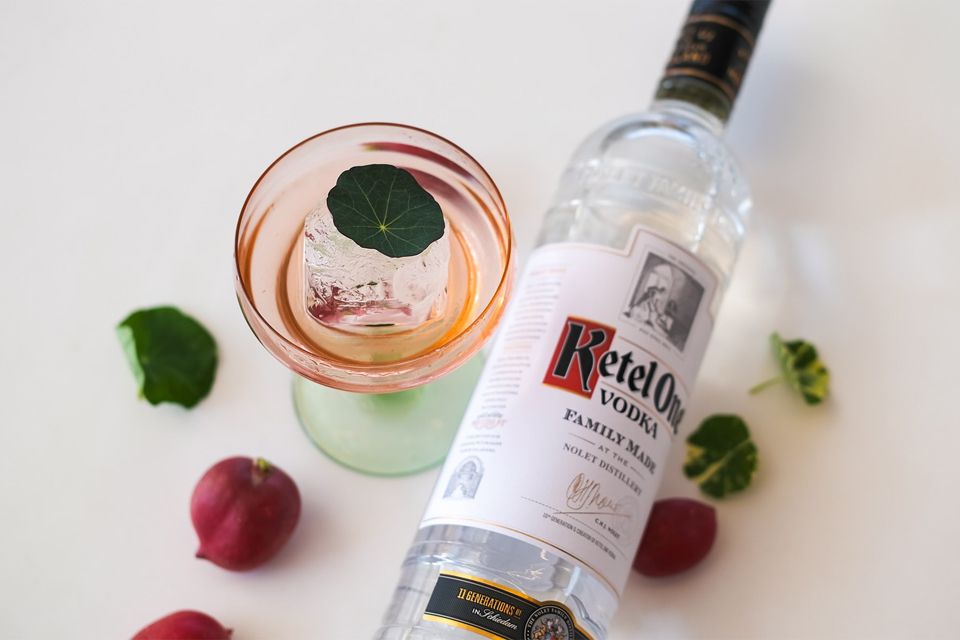
Combining pot still and column still distillation, Ketel One achieves a balanced flavor profile with subtle hints of citrus and honey.
Cîroc Vodka (France)
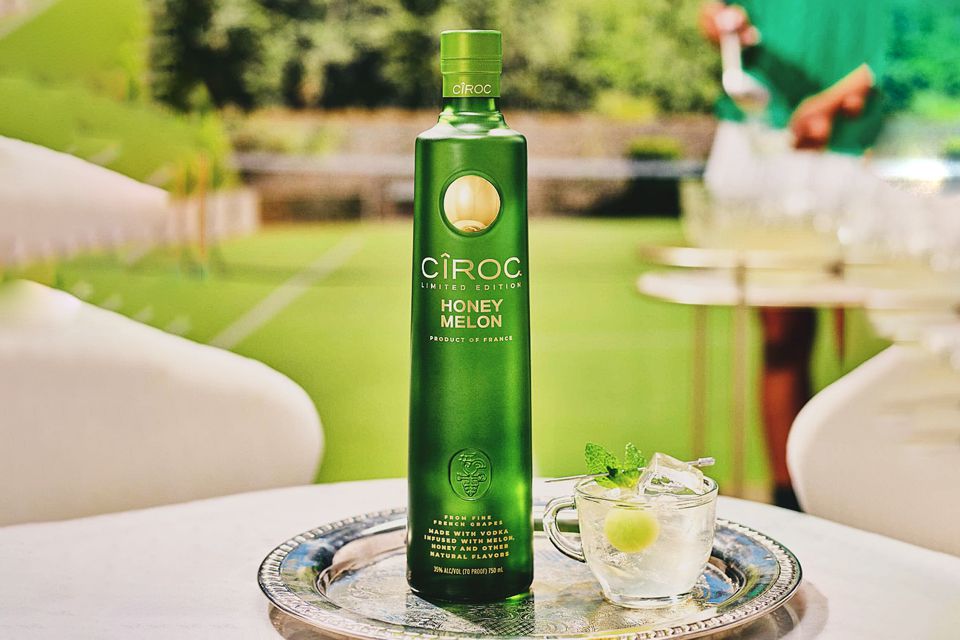
Made from French grapes, Cîroc stands out for its unique base ingredient and distinct flavor profile, offering a crisp, slightly fruity character.
Tito's Handmade Vodka (USA)
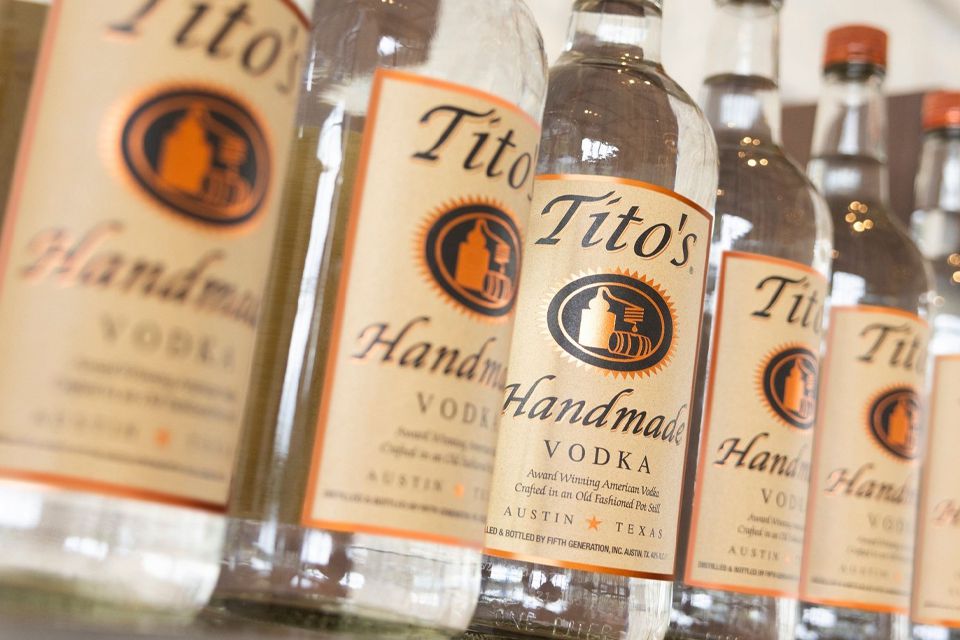
Crafted in small batches using corn, Tito’s has gained popularity for its smooth, slightly sweet flavor and affordable price point.
Navigating the Vodka Selection Process: Key Considerations
Selecting the ideal vodka depends on individual preferences, the intended use, and budget constraints. Several factors can guide your decision-making process.
Personal Taste Preferences
- Flavor Profile: Consider whether you prefer a neutral, clean taste or a vodka with subtle flavor nuances from the base ingredient. Explore different brands and expressions to discover your preference.
- Smoothness: Pay attention to the vodka’s smoothness and mouthfeel. A premium vodka should glide across the palate without any harshness.
- Aroma: Evaluate the vodka’s aroma. It should be clean and free from any off-putting scents.
Intended Use and Occasion
- Mixing vs. Sipping: If you intend to use the vodka primarily for mixing cocktails, a versatile and neutral vodka is ideal. For sipping neat or on the rocks, a more complex and flavorful vodka may be preferred.
- Formal vs. Casual: The occasion can influence the choice of vodka. A premium, high-end vodka may be appropriate for special celebrations, while a more affordable option suffices for casual gatherings.
- Food Pairing: If serving vodka alongside food, consider how the vodka’s flavor profile complements the dishes.
Budgetary Considerations
- Value for Money: Premium vodkas often command higher prices, but there are also excellent value-for-money options available at more accessible price points.
- Quantity vs. Quality: Balance your budget with the desired quality. Consider purchasing larger bottles of your preferred vodka for cost savings if appropriate.
- Promotional Offers: Be mindful of promotional offers and discounts, which can provide opportunities to try new brands or acquire premium vodkas at reduced prices.
Ensuring Authenticity and Avoiding Counterfeit Products
The rise of counterfeit alcoholic beverages necessitates vigilance when purchasing vodka. Protecting yourself from counterfeit products involves a few key steps.
Purchasing from Reputable Sources
- Authorized Retailers: Purchase vodka from licensed liquor stores, supermarkets, or online retailers with established reputations.
- Duty-Free Shops: When traveling, duty-free shops are generally reliable sources for authentic vodka brands.
- Avoid Unlicensed Vendors: Be wary of purchasing vodka from unlicensed vendors or from sources offering unusually low prices.
Verifying Packaging and Labeling
- Tamper-Evident Seals: Inspect the bottle for intact tamper-evident seals and closures.
- Label Integrity: Check the label for any signs of tampering, such as misspellings, blurry printing, or misaligned labels.
- Authenticity Features: Some brands incorporate unique features, such as holograms or embossed logos, on their bottles and labels to combat counterfeiting.
The Art of Vodka Appreciation: Serving and Enjoyment
Appreciating vodka involves not only selecting the right brand but also serving it appropriately to enhance the sensory experience.
Serving Temperature
- Chilled, Not Frozen: Vodka is best served chilled but not frozen. Freezing masks the vodka’s subtle flavors and alters its texture.
- Neat or On the Rocks: Enjoy premium vodkas neat or on the rocks to fully appreciate their flavor profile.
- Mixing in Cocktails: When mixing cocktails, use high-quality mixers and follow established recipes for optimal results.
Glassware Selection
- Martini Glasses or Rocks Glasses: Martini glasses are ideal for serving vodka neat or in martinis, while rocks glasses are suitable for vodka on the rocks or other mixed drinks.
- Shot Glasses: For small servings or vodka shots, use designated shot glasses.
- Clean Glassware: Always use clean glassware to avoid any residual flavors or aromas that could affect the vodka’s taste.
The Synergy of Vodka and Packaging: Enhancing Brand Identity
As an experienced operator in the wholesale vodka glass packaging business, I understand the critical role packaging plays in conveying a vodka brand’s identity. The bottle is the first point of contact between the consumer and the product. High-quality, well-designed packaging enhances the vodka’s perceived value and contributes to a positive brand experience. We specialize in providing premium vodka bottles that complement your vodka’s distinct qualities and elevate your brand presence. Whether you require standard sizes and shapes or seek custom-designed bottles, our expertise ensures a perfect fit for your brand vision. Partnering with a specialized packaging provider is crucial for creating a cohesive brand image and making a lasting impression on the market.

